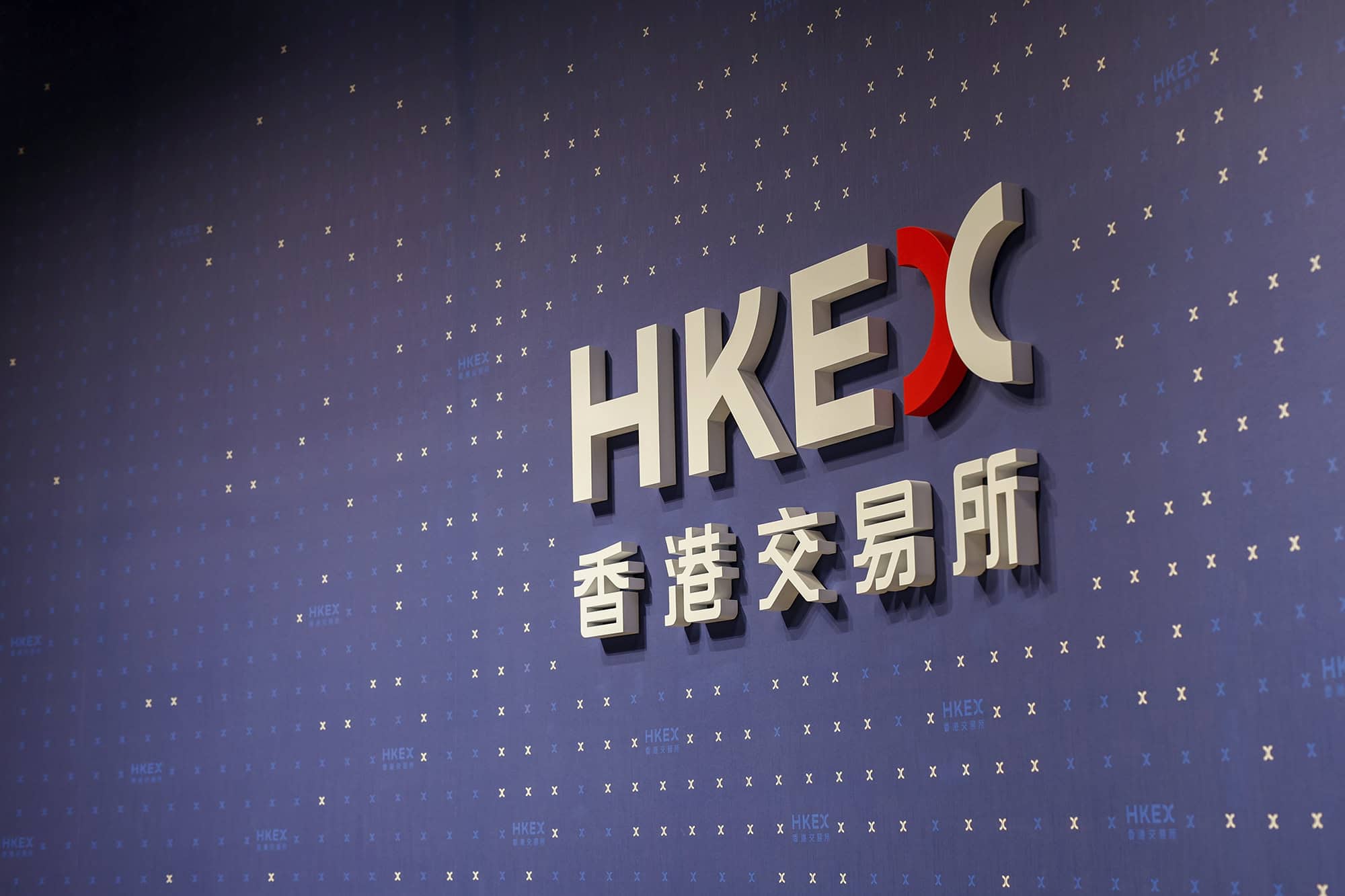Wage Slowdown: UK Salary Increases Hit Lowest Gear Since 2021

In a revealing snapshot of the UK's labor market, British employers have reported the most modest pay increases in over three and a half years during July, while simultaneously experiencing a gradual deceleration in hiring activities. The latest surveys from employers and recruitment agencies, released on Monday, paint a nuanced picture of the current economic landscape.
While hiring momentum has indeed slowed, the pace of reduction appears to be less pronounced compared to previous months, suggesting a potential stabilization in the job market. The subdued pay settlements reflect ongoing economic uncertainties and cautious business sentiment, as companies navigate a complex financial environment.
These findings provide valuable insights into the current state of employment and wage dynamics in the United Kingdom, highlighting the delicate balance between economic recovery and workforce management in an increasingly challenging business climate.








